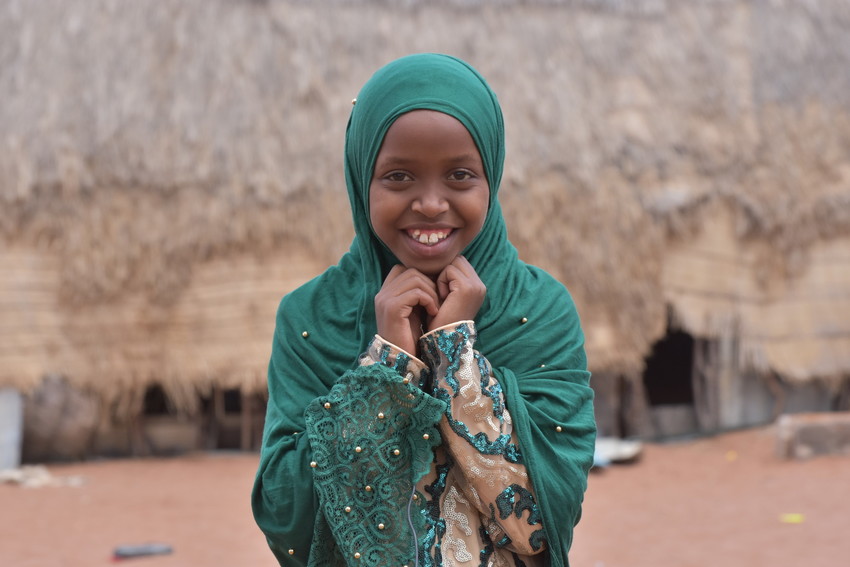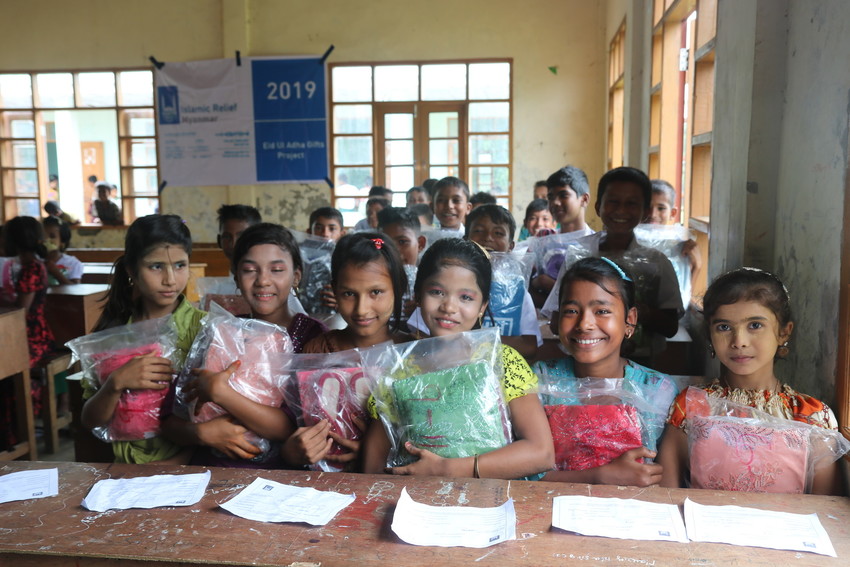Focus on the sunnahs of Eid al-Fitr
As well as being a time of well-deserved feasting, greeting and joy, Eid al-Fitr is also an opportunity to practice the sunnah of the Prophet Muhammad (peace be upon him) and connect with Allah.
In fact, the night preceding Eid al-Fitr is considered to be one of the most sacred nights in the Islamic calendar. The Prophet (peace be upon him) would not sleep on the night preceding the day of Eid and spend the whole night in worship. He (peace be upon him) said: “There are five nights on which dua is not rejected: the first night of Rajab, the fifteenth night of Shaban, Thursday night, the night before Eid al-Fitr and the night before Eid al-Adha,” (As-Suyuti).
After the blessed month of Ramadan, the night before Eid is an opportunity to seek forgiveness, ask for acceptance our good deeds throughout the month and pray for our needs and desires to be fulfilled.
Some of the sunnahs of Eid al-Fitr we may still be able to fulfil in the current circumstances are:
- Washing on the morning of Eid, wearing our best clothes and perfume
- Eating something sweet in the morning. The Messenger of Allah (peace be upon him) would not attend Eid prayers until he had eaten some dates… of which he would eat an odd number,” (Hadith, Bukhari)
- Saying takbeer (Allahu Akbar) in the morning (until the time of the Eid prayer)
- Greeting one another and showing joy, though this may have to be done remotely this year. A traditional greeting for Eid is “Taqabbal Allahu minna ma minkum,” – May Allah accept it (worship and good deeds) from you and us.”
- Giving zakat al-Fitr and sadaqa
- Give sadaqa and thanks for your blessings
Give sadaqa and thanks for your blessings
For most families, the celebrations of Eid al-Fitr are centred around food, with tables laden with their favourite dishes. However, it’s important to remember that many families across the world will have little to eat even on Eid.
For this reason, Muslims are required to pay zakat-al-Fitr (otherwise known as fitrana) which is a charitable donation of food given before the time of the Eid prayer. It is an obligation on every Muslim who has food in excess of their need.
Ibn Abbas (may Allah be pleased with him) reported:
“The Messenger of Allah (peace be upon him) ordained zakat al-Fitr to purify the fasting person from indecent words or actions, and to provide food for the needy. It is accepted as zakat for the person who gives it before the Eid prayer; but it is a mere sadaqa for the one who gives it after the prayer,” (Hadith, Abu Dawud and Ibn Majah).
The minimum amount one must pay is the equivalent of around 2kg of staple foods such as flour or rice. In Ireland this works out to be approximately €7.
Eid ul-Fitr is also a great opportunity to give additional sadaqa. As we plan our Eid celebrations it is important not to forget vulnerable families across the world such as those suffering in Yemen and Syria who struggle to provide food for their families.

